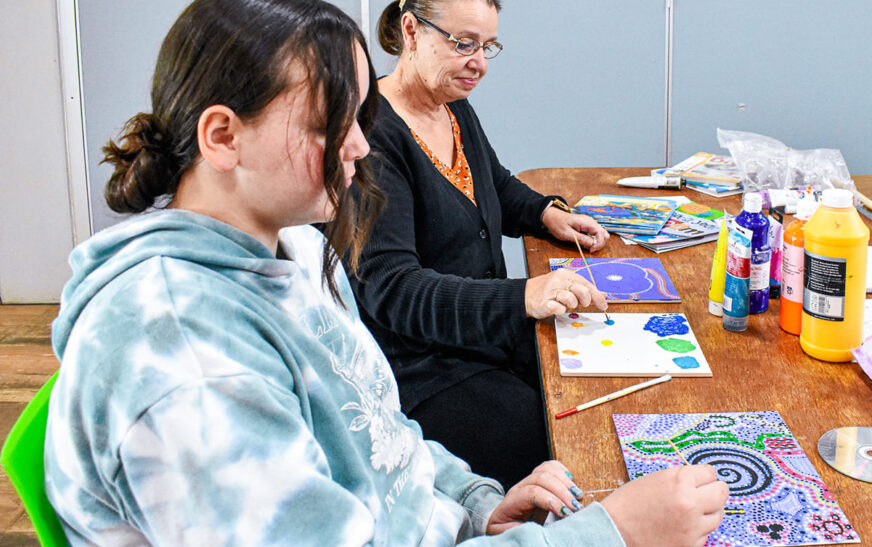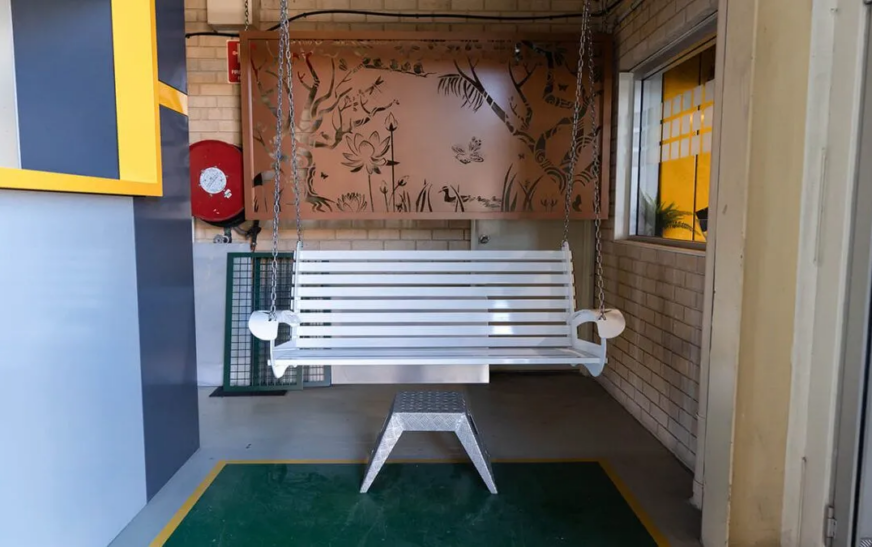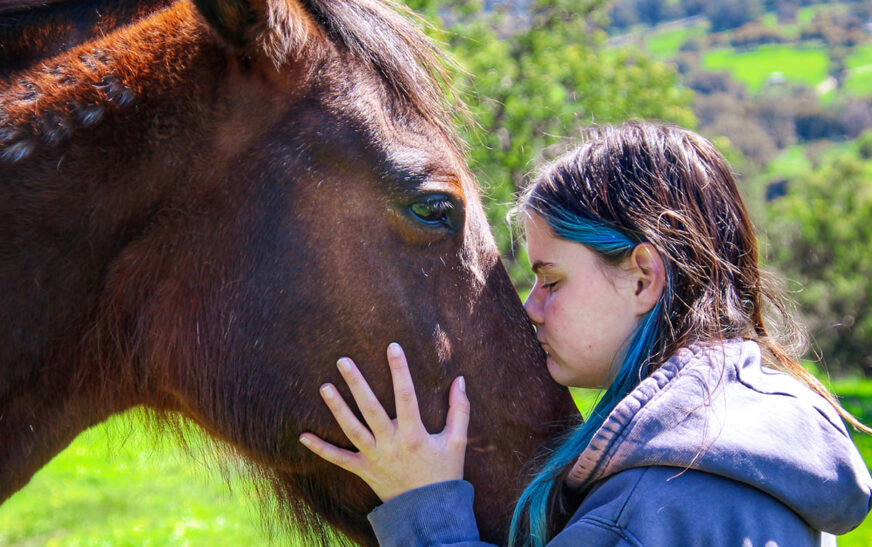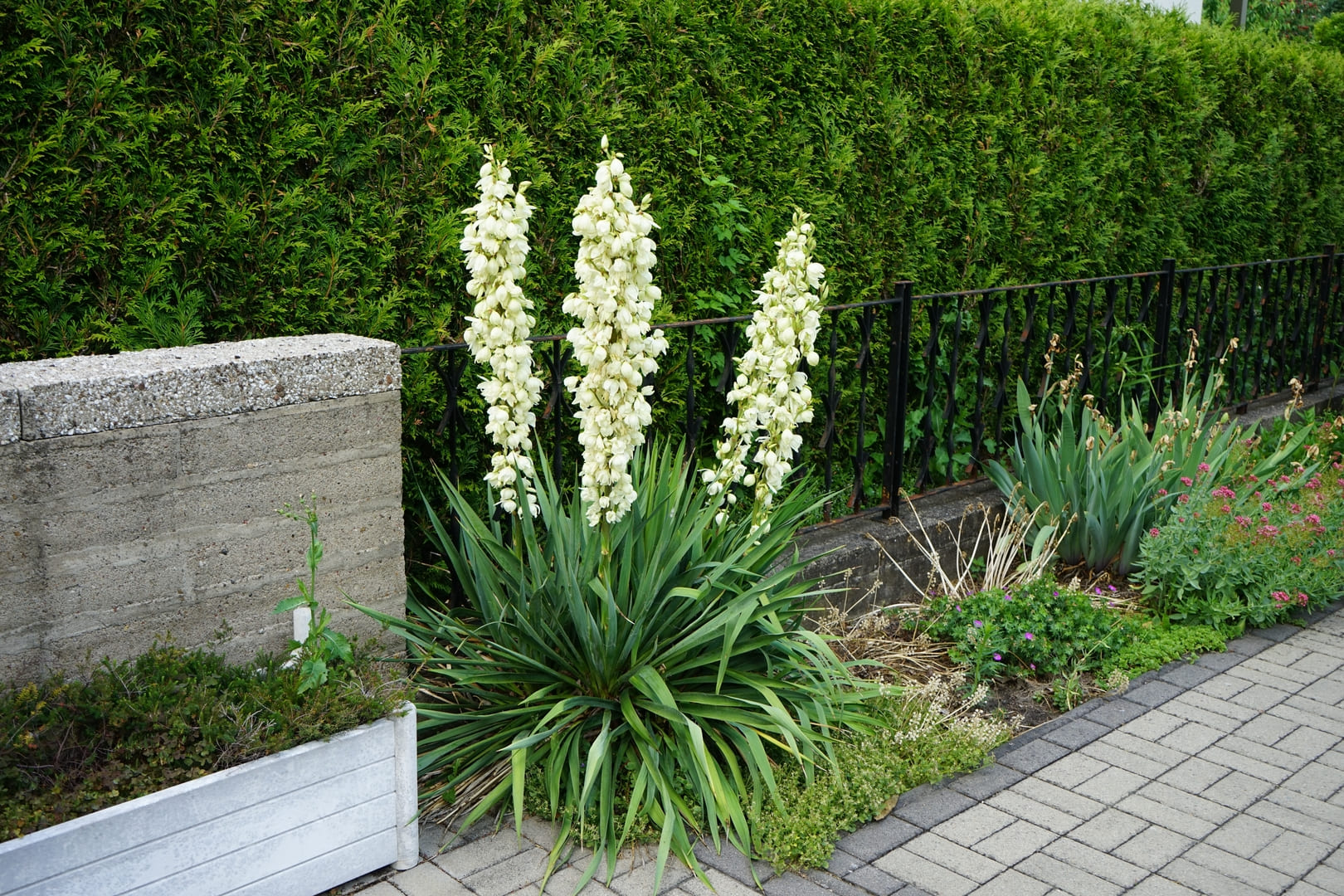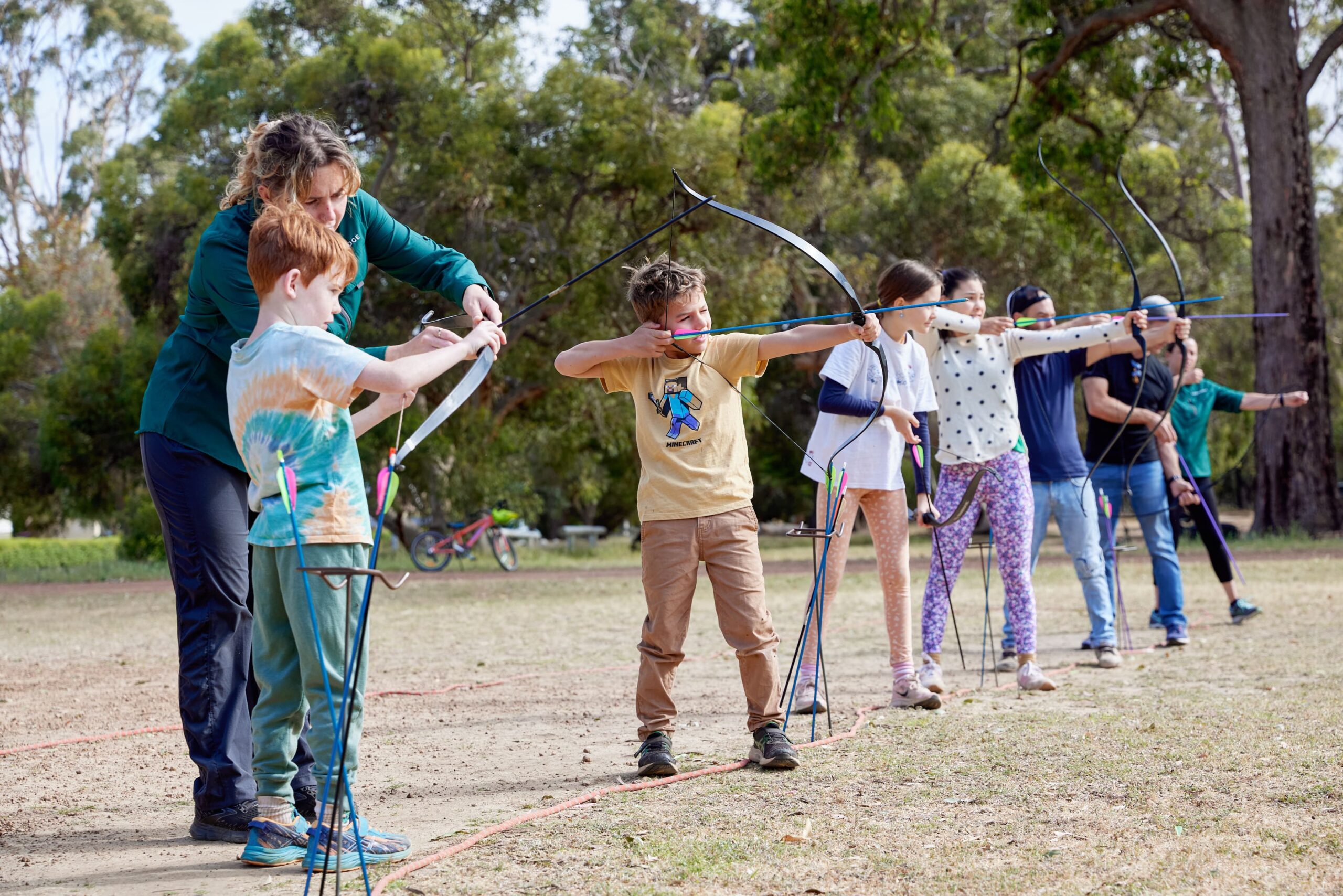The standard curriculum often follows a one-size-fits-all approach. While this works for many, it doesn’t cater to every student’s needs, interests, or strengths. Schools offering specialised curriculums create learning environments that foster individual growth, career readiness, and practical life skills—setting students up for success in ways traditional schooling can’t always manage.
A Tailored Learning Experience
One of the biggest advantages of a specialised curriculum is that it’s designed to suit the student, rather than forcing the student to fit the curriculum. This means programs can be adjusted to suit different learning styles, interests, and future goals.
For many kids, mainstream schooling can feel rigid. The focus on standardised testing, set subjects, and strict schedules often leaves little room for creativity, hands-on learning, or individual exploration. Specialised curriculums flip this on its head. They provide flexibility, allowing students to work through topics in ways that engage them—whether that’s through project-based learning, outdoor education, or trade skills development.
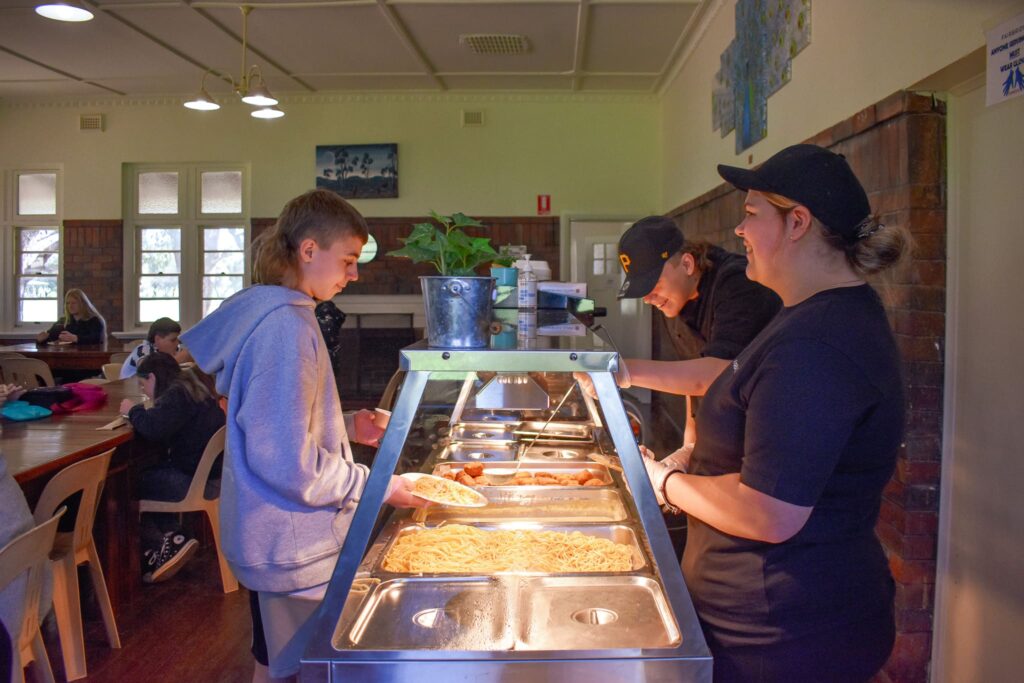
Career-Ready Skills from the Start
Traditional schooling systems often place a heavy focus on academic achievements, while career readiness takes a back seat until the later years of education. By contrast, specialised curriculums integrate job-specific skills early, ensuring students are ready for the real world sooner.
Programs focusing on trades, hospitality, agriculture, or even creative arts give kids hands-on experience in industries that need skilled workers. These practical skills don’t just make students employable—they help them discover what they’re passionate about. By the time they finish school, they’re not scrambling to figure out their next move. They’ve already gained experience, certifications, or even apprenticeships that put them ahead of the game.
Breaking the Mould: For Kids Who Don’t Fit the Traditional System
Every child is different, and for some, mainstream schooling simply isn’t the right fit. Whether it’s due to learning difficulties, behavioural challenges, or just a different way of seeing the world, these kids often fall through the cracks in traditional education systems.
Specialised curriculums provide an alternative—a place where these children aren’t made to feel like outsiders. Instead, their differences are understood and embraced. Smaller class sizes, tailored learning plans, and supportive staff can make a world of difference. Students gain confidence, develop social skills, and start enjoying learning again.
A Focus on Practical, Real-World Learning
One of the standout features of a specialised curriculum is the focus on practical learning. Rather than sitting in a classroom memorising facts for a test, students get out into the real world. They learn by doing, which helps them retain information and develop skills they’ll actually use.
This might include projects like building furniture, working in a café, managing farm animals, or running community programs. These experiences build confidence, resilience, and independence—all crucial life skills that don’t always get enough attention in traditional schooling.
Supporting Mental Health and Wellbeing
It’s no secret that school can be a stressful environment for many children. Pressure to perform, bullying, social challenges, and feeling like you don’t quite fit in—these issues are common in traditional schooling settings.
Specialised curriculums often create a more supportive, inclusive environment. Because the programs are designed to suit the students, rather than the other way around, there’s less pressure to conform. Students are encouraged to be themselves, learn at their own pace, and develop in ways that make sense for them.
Building Stronger Community Connections
Another key benefit of specialised curriculums is the focus on community engagement. Many programs work directly with local businesses, farms, or community groups, giving students the chance to connect with the world outside the classroom.
This not only gives kids valuable work experience but also helps them build relationships and networks that could lead to future opportunities. Whether it’s working with a local mechanic, volunteering at community events, or learning from industry professionals, these real-world connections are a vital part of preparing students for life after school.
A Pathway to Further Education or Direct Entry into the Workforce
For some students, a specialised curriculum acts as a launchpad into further study. By exploring different industries early on, they can make informed decisions about what they want to pursue next—whether that’s TAFE, university, or jumping straight into work.
Many specialised programs offer recognised qualifications, such as certificates in trades or hospitality. This means students don’t finish school empty-handed. They walk away with real credentials that employers respect.
Encouraging a Love of Learning
When education is meaningful and enjoyable, students develop a lifelong love of learning. Specialised curriculums help create that spark. By connecting what’s taught in the classroom to real-world situations, students can see the value of their education.
They start to understand that learning isn’t just about passing tests or pleasing teachers—it’s about opening doors, discovering passions, and building a future they can get excited about.
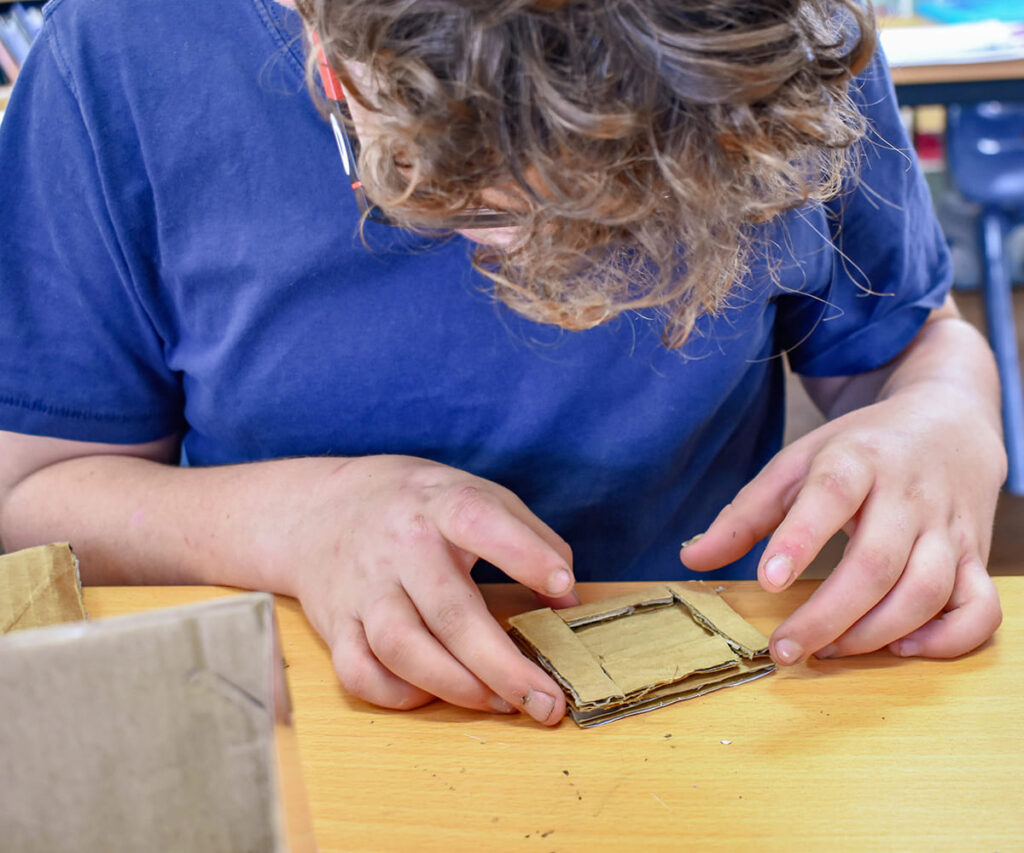
Is a Specialised Curriculum Right for Your Child?
Choosing the right educational pathway is a big decision for any family. Specialised curriculums aren’t the right fit for everyone, but they can be life-changing for students who need something different from the standard system.
If your child is struggling in traditional schooling, has a clear interest or career path, or thrives with hands-on learning, it might be worth exploring alternative options. Schools offering specialised curriculums provide a supportive environment, practical skills, and genuine pathways to employment or further study.
Final Thoughts
Specialised curriculums are more than just an alternative to mainstream education—they’re an opportunity. They offer children a chance to learn in ways that make sense for them, build skills they’ll use for life, and discover who they are along the way.

